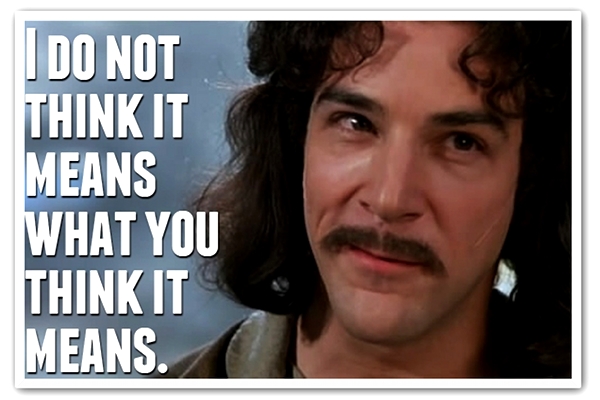The O-word has been cropping up a lot in the discussions about the junior doctor contract recently.
Overtime: 1. time spent working at your job that is in addition to your normal working hours; 2. the money paid for work that is done in addition to your normal working hours
One of the problems is the way in which the term is used, and what it means to different people. For the employers in this dispute (whoever they are, Trusts, HEE, NHS England… have we worked that out yet??), the overtime is all about money. That makes sense: it’s easier to quantify within a huge system.
But for the staff working in those organisations, overtime gets a bit more complex than that. And that gets frustrating when we’re told that there’s a financial incentive to work unsafe hours. (Apart from the belief that we have some kind of choice over the hours that we work – we don’t. We get issued with a rota) And yes, if you do a locum shift because there is yet another rota gap that hasn’t been filled, then most people will claim for that.
That’s not what overtime looks like for junior doctors.
Overtime is spending hours after a night shift trawling through patient notes, collecting data to complete audits.
It’s going in to work on your day off to teach and mentor and support your juniors; to present the audit; to write a guideline.
It’s giving witness statements and writing safeguarding reports and completing child protection paperwork.
It’s taking annual leave and using that to catch up on clinic letters.
It’s trying to get your mandatory training done while your partner watches films in bed and wonders why you never, ever seem to stop working.
All in our own time.
On our days off.
Unpaid.
Just to get the job done.
